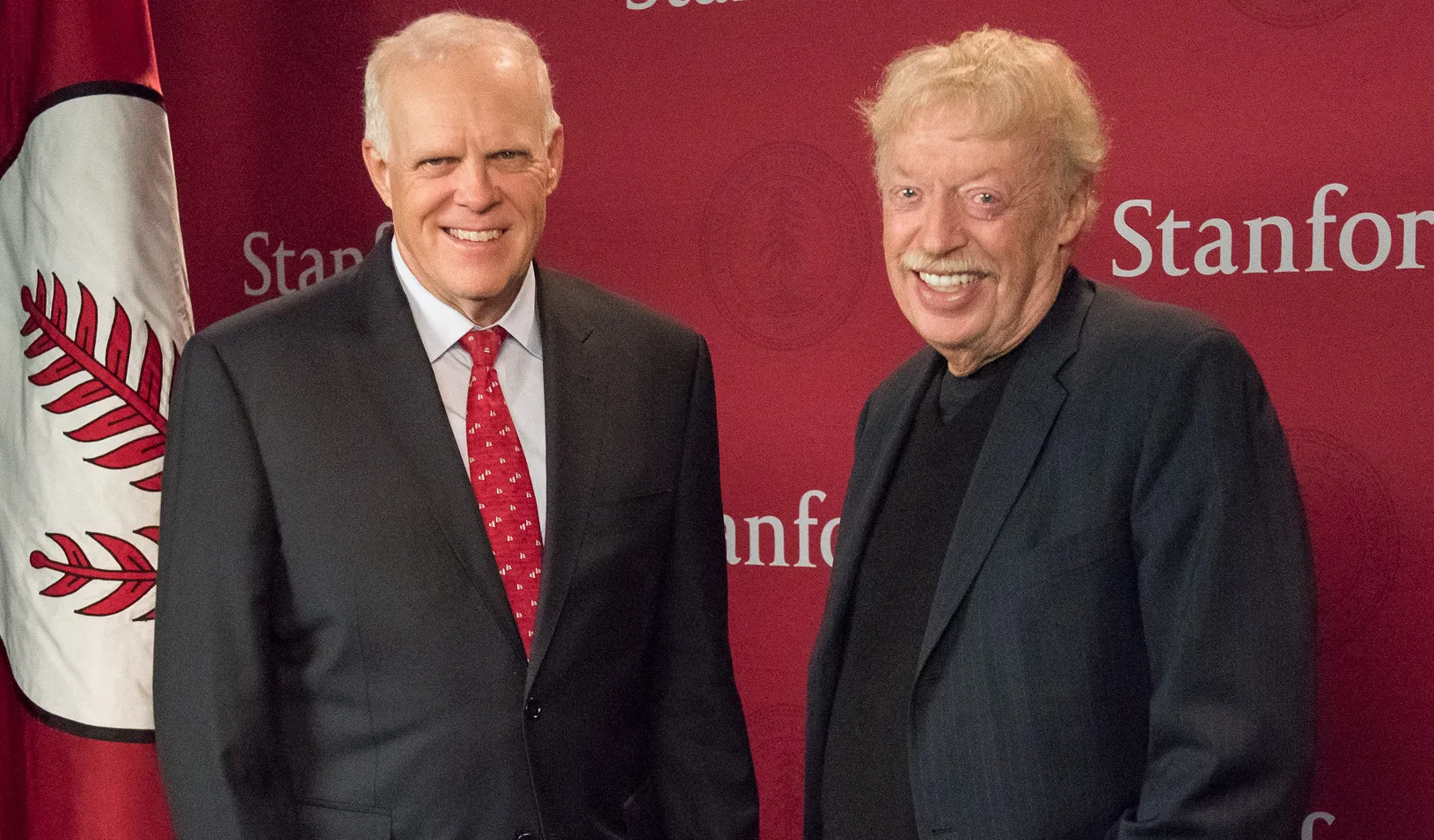2010 Stanford Social Innovation Fellowship Awarded to MBA Student’s Education Startup
The Center for Social Innovation at Stanford GSB awarded the 2010 Social Innovation Fellowship to Reid Saaris, MBA/MA ’10, for his nonprofit education venture, Equal Opportunity Schools.
May 26, 2010
The Center for Social Innovation at the Stanford Graduate School of Business has awarded the 2010 Social Innovation Fellowship to Reid Saaris, MBA/MA ’10, for his nonprofit education venture, Equal Opportunity Schools. The startup’s focus is to narrow the achievement gap in America’s public schools by significantly increasing the number of minority and low-income students enrolled in Advanced Placement and International Baccalaureate classes.
Saaris, who will graduate next month with a joint MBA/MA degree in business and education, will receive a one-year stipend of $80,000 to develop Equal Opportunity Schools into a viable nonprofit. For Saaris, the Fellowship caps a nontraditional career path that began as a teacher in a rural high school in South Carolina. While teaching economics and history, and coaching the cross-country and soccer teams, Reid saw low-income and minority students losing out on education opportunities at his school for no good reason.
These students are not getting the education they deserve, Saaris thought, even though it is often just across the hallway; we can do better, he resolved.
Saaris arrived at Stanford Graduate School of Business determined to build his operations and management skills in order to execute on his vision of a full-fledged organization dedicated to addressing the inequity he not only observed, but also thoroughly assessed. Working with Washington, D.C.-based Education Trust, Saaris spent a year assembling and analyzing a data set of AP and IB enrollment patterns at every school in the country. His approach has been to work directly with school administrators to identify the missing students and enroll them in appropriate advanced classes with rigorous yet achievable expectations. Though he acknowledges this is not always an easy task, it is achievable; Saaris conducted a proof-of-concept trial at a high school in South Carolina and piloted the program in six schools within the San Jose Unified School District, reaching a total of 377 students.
“An important element of our mission is to develop innovative, principled, and insightful leaders who change the world. Our Social Innovation Fellowship program provides an opportunity for our young graduates to take on important social endeavors directly out of the GSB,” said Garth Saloner, Phillip H. Knight Professor and Dean of the Stanford Graduate School of Business. Additional faculty advisors for the program include Jesper Sorensen, Walter Kenneth Kilpatrick Professor of Organizational Behavior, and James Patell, Herbert Hoover Professor of Public and Private Management.
“Students like Reid, who follow their passion, have helped the Stanford Graduate School of Business build a reputation as a place to empower future business leaders and social entrepreneurs as they develop solutions to tough global issues,” said Gina Jorasch, Director of the Public Management Program, a 39-year-old certificate program to equip GSB students to apply management skills to social and environmental concerns. “The area of greatest interest among PMP students today is social entrepreneurship, with more than two-thirds expressing interest in this field.”
Launched last year as a three-year pilot program, Social Innovation Fellowships enable mission-driven Stanford MBAs to devote their full-time energy after graduation to transforming into reality a novel idea for addressing a significant social or environmental problem. Yearlong fellowships, which include $80,000-$120,000 in stipends, are awarded in June and based on such criteria as project viability — including strength of innovative approach and likelihood of success — and applicant qualifications and commitment.
Developed in partnership with the Robertson Foundation, the fellowship program was inspired by such alumni as: Jake Harriman, MBA ’08, founder of Nuru International, creating sustainable solutions to extreme poverty in the developing world; Jessica Jackley, MBA ’07, cofounder of Kiva, the world’s first people-to-people micro-lending website; and Jane Chen, MBA ’08, cofounder of Embrace, providing low-cost portable baby incubators to the rural poor who live without electricity in developing countries.
For media inquiries, visit the Newsroom.
Explore More
Phil Knight Honored with Uncommon Citizen Award

Catherine Roberts Joins Stanford GSB as CCMO

Alyssa Rapp, MBA ’05: What Matters to Me Now and Why
